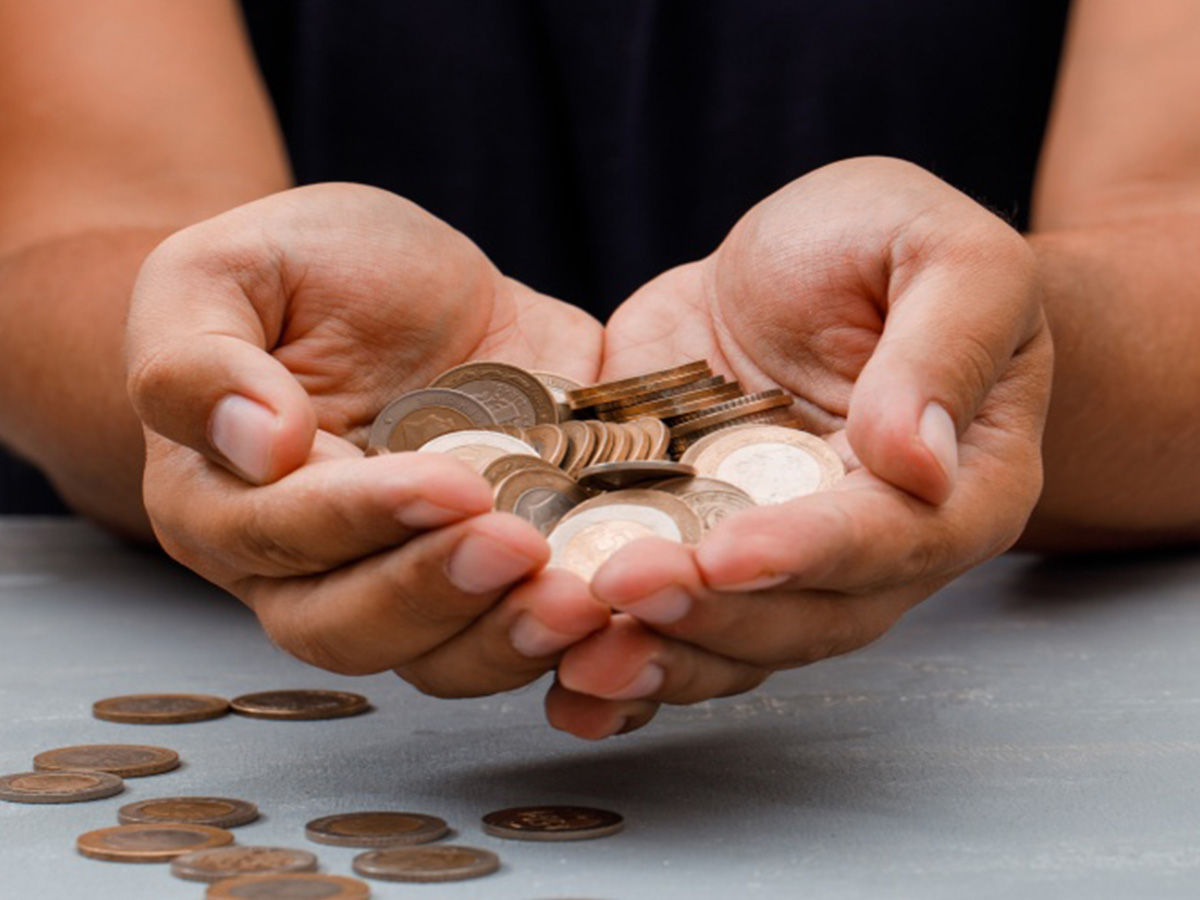How to Save for a Rainy Day and Still Enjoy the Sunshine

Uncover the art of balancing the crucial task of building an emergency fund while enjoying life's little freedoms.
Let's accept this.
Living within a budget can be stifling and sometimes give a feeling of being a killjoy.
Investment advisors attribute the inability to indulge in small delights as a key reason many folks are not financially disciplined.
One out-of-the-book expense and the whole process can get tossed away.
Most of us budget for an Emergency Fund but not a Freedom Fund.
No, the money you set aside for your annual family holiday does not qualify for freedom.
Your ability to spend on something for a lark gives you joy and a sense of freedom.
Can budgeting for an emergency fund coexist with the freedom to indulge occasionally?
Yes, it can. Let's dive in to find out how.
The Essential Safety Net: The Emergency Fund
What Exactly Is an Emergency Fund?
An emergency fund, in essence, is your financial buoy. It's the cash reserve you keep aside for unexpected situations—job loss, medical emergencies, or sudden home repairs. Its primary mission? To keep you financially stable when life goes off-script.
How Much Do You Need in an Emergency Fund?
Financial experts suggest that your emergency fund should hold enough to cover 3 to 6 months' worth of living expenses. But remember, it's not a one-size-fits-all. Your circumstances—job stability, health status, number of dependents—can tilt this scale.
Life's Little Joys: The Freedom Experiences
What Are Freedom Experiences?
Freedom experiences are those delightful, indulgent moments that make life worth living. It could be a spontaneous road trip, a well-deserved spa day, or that slightly pricey but oh-so-delicious dinner at a revolving restaurant. These experiences, while not essential for survival, add colour and zest to life.
How Much Should You Budget for Freedom Experiences?
The answer is as varied as the experiences themselves. It boils down to your personal preferences and financial situation. But the golden rule is this: Freedom experiences shouldn't derail your essential financial goals or put you in debt.
Balancing Act: Emergency Fund and Freedom Experiences
The central difference between an emergency fund and freedom experiences lies in their purpose. An emergency fund is like a seatbelt—it protects you during financial collisions. Freedom experiences, on the other hand, are like scenic routes—they make the journey enjoyable.
FAQs
Can I Save for an Emergency Fund and Still Have Freedom Experiences?
Yes, you can! It's all about balance. Saving for emergencies shouldn't mean putting life on hold. It's possible—and advisable—to allow yourself occasional treats while still building your safety net.
How Can I Balance Saving and Spending?
Start by creating a budget that includes both emergency savings and freedom experiences. Prioritize essentials, but remember to allot a portion for enjoyment.
Remember, personal finance is personal—it should work for you, not against you.
How Can I Make My Money Stretch Further?
Consider smart spending strategies—these days; online shopping offers discounts and rewards points. Every rupee saved is a rupee that can go towards your emergency fund or freedom experiences.
The Final Word
While preparing for financial emergencies is crucial, it doesn't mean you have to forego life's joys. By creating a balanced budget, you can build your emergency fund while still allowing for those treasured freedom experiences. After all, personal finance isn't just about survival—it's about thriving.
Smart Steps to Balancing Your Budget
Evaluate Your Outgoings
Kickstart the process by examining your monthly expenditures. This gives you a clear view of your essential costs—rent/EMI, fuel, electricity, groceries, and other debt repayments—and guides you in setting a realistic emergency fund target.
Define Clear Goals
Next up, establish tangible, achievable goals for both your emergency fund and freedom experiences. Don't try to fill your coffers overnight—set sensible timelines and stick to them.
Contribute Regularly
Make saving a routine. Regular, consistent contributions to your emergency fund can grow substantially over time. And remember, every little bit counts!
Allow for Leisure
While saving is vital, allocating a portion of your budget for leisure is equally important. This keeps life enjoyable and prevents budget burnout.
Review and Adjust
Lastly, review your budget regularly and tweak it as needed. If your expenses increase, so should your emergency fund. If you want more freedom experiences, find areas where you can cut back.
FAQs
What If I Can't Afford Both Right Now?
Start small and prioritize your emergency fund. Even saving a small amount regularly can add up over time. As your financial situation improves, you can start budgeting for freedom experiences.
Can I Use My Emergency Fund for Freedom Experiences?
It's best to keep your emergency fund for genuine emergencies. If you're tempted to dip into it for leisure, it may be a sign that you must allocate more for freedom experiences in your budget.
What If I Need to Use My Emergency Fund?
Don't hesitate to use your emergency fund when necessary—that's what it's for. But be sure to replenish it as soon as your situation allows.
Personal finance can feel like a tightrope walk, but you can confidently navigate it with the right knowledge. Here's to mastering your money and making the most of life's journey!
